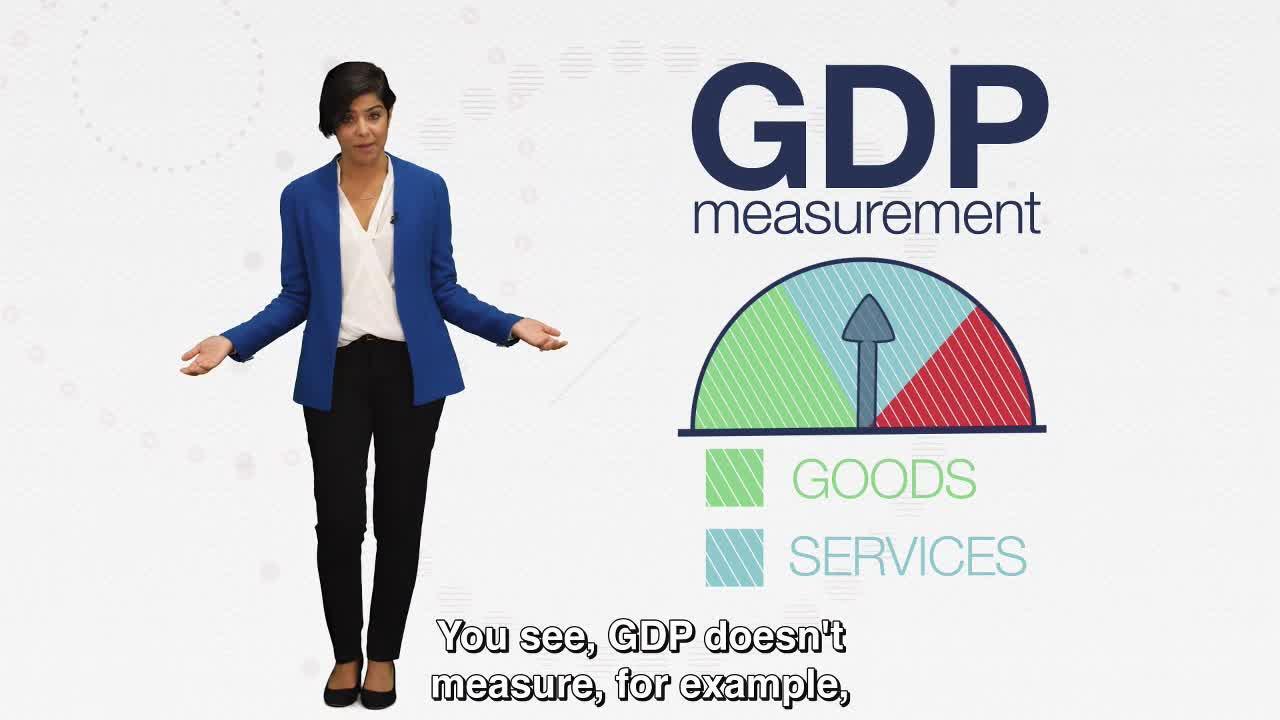
which of the following statements are good assessments of the value of gdp as an economic statistic? GDP is correlated with many measures of human welfare. You GDP does not account for goods being imported rather than locally produced.
To evaluate the value of GDP as an economic statistic, it’s essential to consider its strengths and limitations in reflecting economic health. Here are some statements about GDP that help to assess its value:
### 1. **"GDP provides a comprehensive measure of the total economic output of a country."**
- **Good assessment**: GDP is effective at quantifying the total value of goods and services produced within a country, giving a broad snapshot of economic activity and growth. This makes it valuable for comparing economic performance over time or across countries.
### 2. **"GDP growth indicates improvements in the standard of living for a country’s citizens."**
- **Partial assessment**: While GDP growth often aligns with improved economic conditions, it does not directly measure quality of life or distribution of income. Increases in GDP don’t necessarily mean that all citizens experience a better standard of living, as economic gains may be unevenly distributed.
### 3. **"GDP does not account for informal or unpaid work, which can be significant in some economies."**
- **Good assessment**: This is a recognized limitation of GDP. Activities like household labor, volunteer work, and informal economy transactions are not captured in GDP, which may understate the true economic activity and value within a society, especially in developing countries.
### 4. **"GDP is a good indicator of environmental health and sustainability."**
- **Poor assessment**: GDP measures economic activity but does not account for environmental degradation, depletion of natural resources, or pollution. Economic growth that harms the environment may show up as positive GDP growth, despite potential long-term costs to sustainability and health.
### 5. **"GDP is helpful in assessing economic welfare and well-being."**
- **Partial assessment**: While GDP can reflect economic prosperity, it does not measure broader aspects of welfare, such as happiness, leisure, health, or education quality. Alternative measures like the Human Development Index (HDI) or Genuine Progress Indicator (GPI) aim to address these broader aspects of well-being.
### 6. **"GDP can be misleading in terms of economic distribution."**
- **Good assessment**: GDP measures aggregate output, not distribution. A high GDP could coexist with high levels of inequality. Without considering income distribution, GDP growth might mask disparities in economic prosperity across a population.
### 7. **"GDP is useful for policy-making and setting monetary and fiscal policies."**
- **Good assessment**: Policymakers use GDP data to guide decisions on interest rates, taxes, and government spending. GDP provides a standardized measure that helps governments make economic adjustments and respond to recessions or booms effectively.
### Summary
GDP is a valuable economic statistic for measuring overall output and growth, but it has limitations regarding income distribution, environmental costs, informal work, and non-economic well-being. Thus, while GDP remains a cornerstone of economic analysis, complementary measures are often necessary for a fuller understanding of a country’s welfare and sustainability.

0 Comments
Post Comment